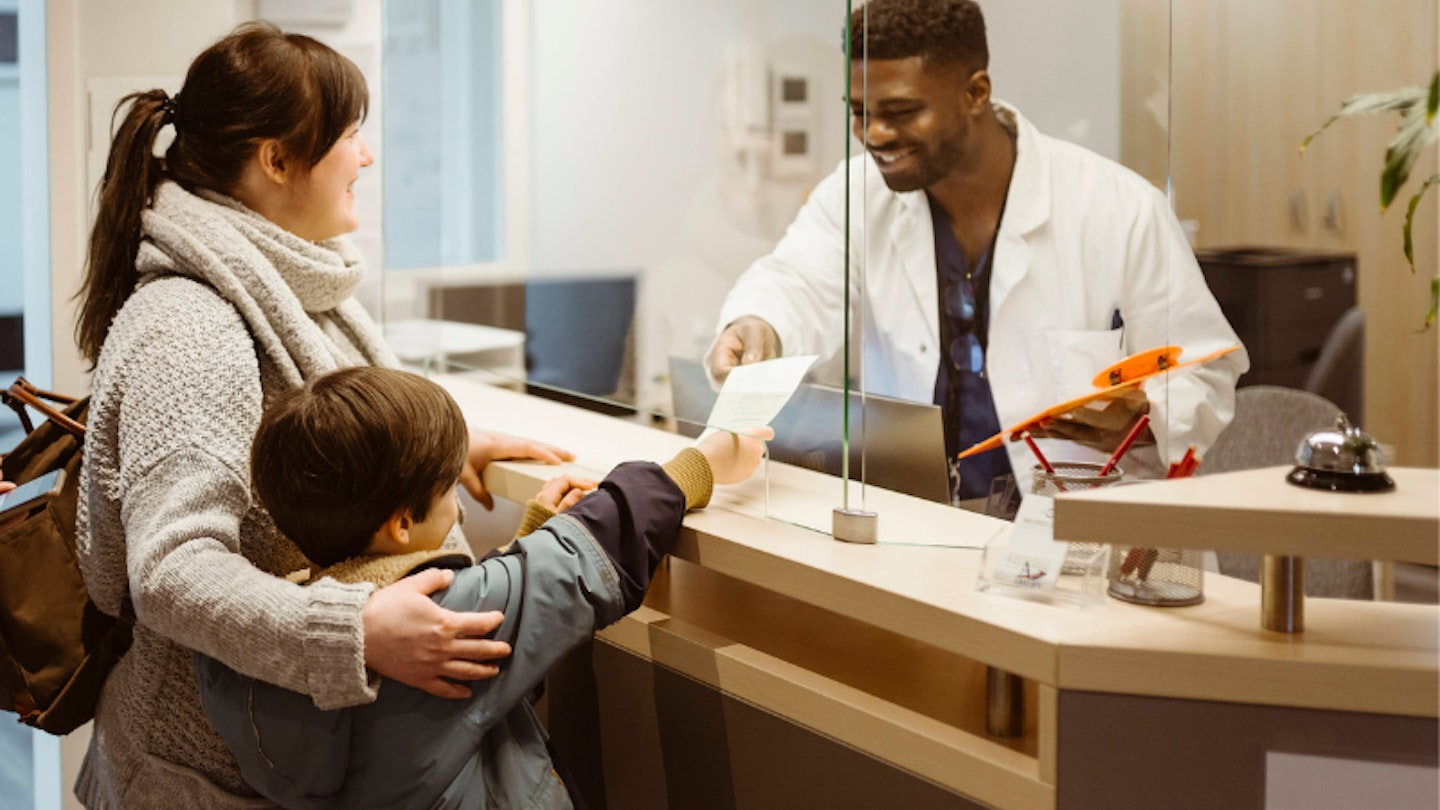Hospital visits are not anyone's idea of a fun time. The unfamiliar and often overwhelming environment is enough to cause anxiety for many adults, let alone children. I definitely know the stress and nerves that come with a hospital visit for your child. I've been there.
When my daughter was born, hospitals weren't exactly at the top of my list of fun places to visit with her, but we found ourselves there when she was just 2 months old and it wasn't the first time; Before this my son was admitted to hospital at just 10 months old.
If I had to describe myself, I'd say I was distraught, or more to the point, a hysterical, sobbing mess and I'm certain he sensed it. Of course everything went well and now he's everything you'd expect a 9 year old boy to be. As for my daughter? Her situation is a bit different. Now, almost 7 years old she's become a seasoned pro with her regular hospital check ups.
Whether your child is going in for surgery or just a hospital check up, there's a number of things you can do to help prepare them and yourself. My daughter's hospital visits run throughout the year - some last 20 minutes and some almost 3 hours. Over the years, I've worked out how to make the entire experience as stress-free as possible for the both of us. Here's some of my tips:
BEFORE YOUR CHILD'S HOSPITAL PROCEDURE OR CHECK-UP
• Prepare yourself
Before your visit, factor in travel time (car/tube/taxi) and whether you need to find a parking space. Some hospitals are huge and spread across various buildings, so consider how long it may take to find and walk to the right building. Allow yourself time for all of this. If you're unfamiliar with the building, look for the hospital information desk, often found near the entrance/exit.
• Ask questions
Try to find out as much as you can about what will happen during the visit or procedure. Arm yourself with enough knowledge so you can tell your child if they are at the right age. Your appointment letter may also additional information and contacts for your own reference. If you need a translator, many hospitals can provide this but you may need to book it in advance.
• Reschedule if necessary
If the appointment time doesn't work for your child, consider rescheduling it. When my daughter was little, I'd try and make sure her visits didn't clash with her nap time. Now she's older, I try and schedule them first thing or after school where I can. Some clinics and appointment are only available on set days/times so bear this in mind. With surgery appointments, it's probably best to take what they offer as there can be long waiting lists and backlogs to clear.
• Tell your child
If your child asks questions about why they are being taken out of nursery/school, it's worth being open and honest with them. There is lots of evidence that suggests most children cope better in hospital if they are prepared. Opening up the communication between yourselves helps to make sense of it all in their little mind - they can start to form an image of what will happen with the information you have provided. Answers to their questions will help reduce any uncertainty.
My daughter knew the word 'hospital' from an early age, she even knew the route I took because we went that many times. She would get anxious, so I'd go through the days of the week with her and then point out which day her appointment was on. I'd then explain how that day would unfold, literally step by step. This helped her cope with the worries as she knew what to expect.
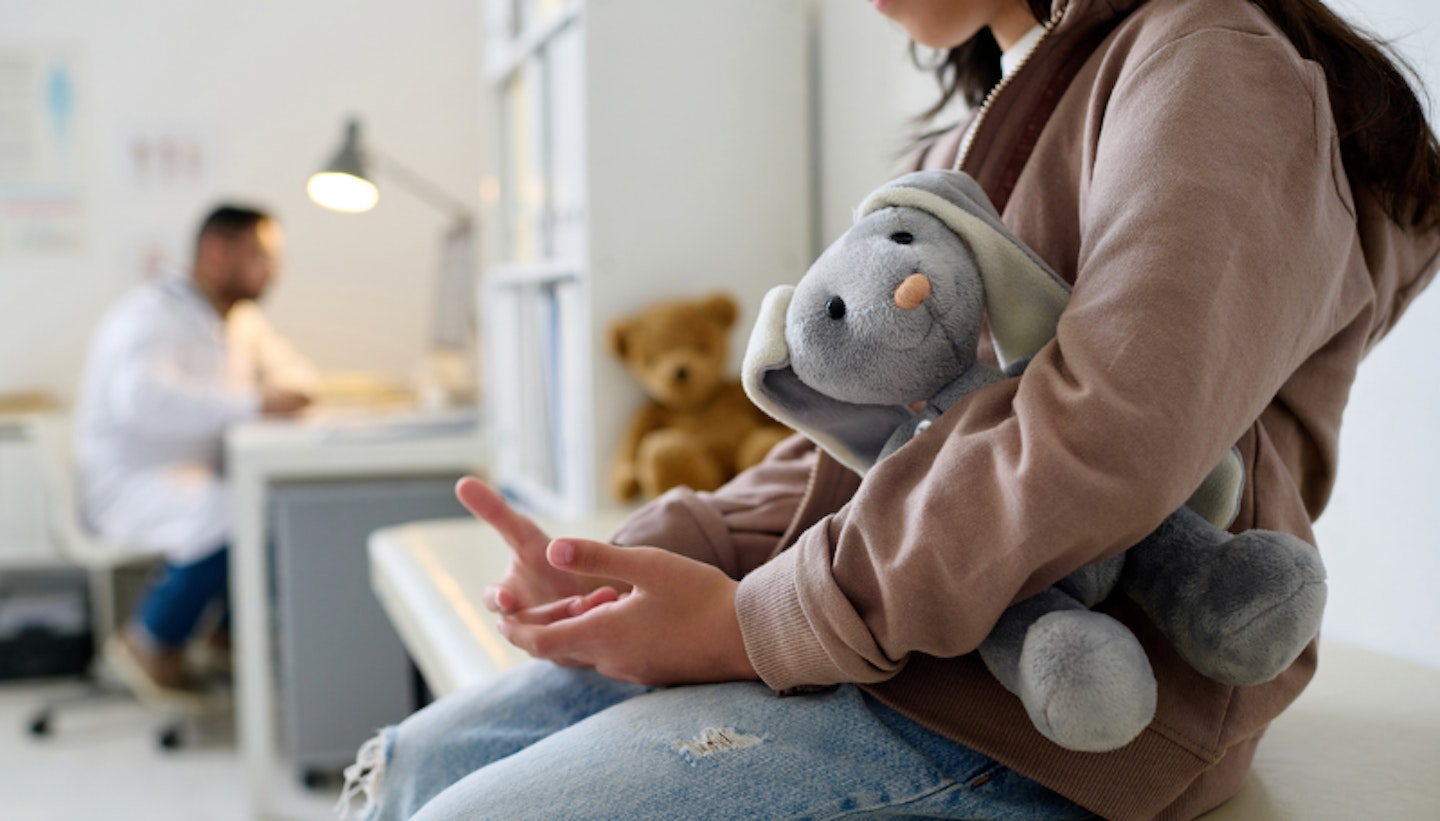
When you decide to tell your child may depend on their age and understanding. This guideline may help:
~ 3 to 4 year olds – Consider telling your child one or two days before coming to hospital.
~ 5 to 6 year olds – Consider telling your child three to five days before coming to hospital.
~ 7 to 11 year olds – Consider telling your child about seven days before coming to hospital.
~ 12 and over – Actively involve your child from the start in planning for the procedure.
• Get support
Will you be able to support your child on your own? If you're uncertain, ask for support from your partner, a close friend or family member. Having someone there can make a significant difference and keep you calm so you can support your child better. Plus, they'll be able to listen to all the information and advice from the team or doctor as sometimes this in itself can be overwhelming.
AT THE HOSPITAL PROCEDURE OR CHECK-UP
• Bring home comforts
Sitting in a waiting room with nothing to do but clock watch can be torturous. I learnt very early on to take as many home comforts to the hospital. For the first few years, we'd take a cuddly toy and it became apparent very quickly that it was my daughter's emotional support buddy. The medical team would usually start by talking to her about her cuddly toy which always helped break the ice. Also reading, colouring and sticker books are ideal for taking along with you.
• Keep them distracted
I knew very early on that visiting the hospital was going to become a part of our life. To help my daughter become familiar with the environment, I'd point out things like the rainbow pedestrian crossing outside the hospital or ask her to find the floor level where we'd parked our car. At the hospital we visit, there's a purple butterfly sign we walk past, so during each visit I ask her to tell me when she sees it. All these little things have settled and helped her familiarise herself with the building.
• Stay calm
Children can sense your anxiety and worries so sometimes you just need to stop, take a breath and relax. It's really important to just pace yourself and prepare yourself for information that the medical team will offer you. It may also help to take notes (I've done this plenty of times) as they may use words and terminology that you may not be familiar with.
AFTER YOUR CHILD'S HOSPITAL PROCEDURE OR CHECK-UP
• Reassure them
After any appointment or procedure, the staff are likely to tell them how brave they were. Expect high fives! You may find they are more clingy or tearful - this is perfectly normal. Offer them any support they need even if it's a comforter or baby blanket. If it was a straight-forward visit, chances are they'll just be glad it's over. If they need to return at a later date, explain this to them, but don't make a big deal about it. Remind them how easy the whole thing was and how well they handled it and next time, they'll know exactly what to expect.
There are a number of resources available to young children to help prepare them for any hospital visit. Books are a brilliant place to start and I picked up a few from my local library. They are a great resource and can help to explain illness and work through unfamiliar emotions. Here's some that I like:
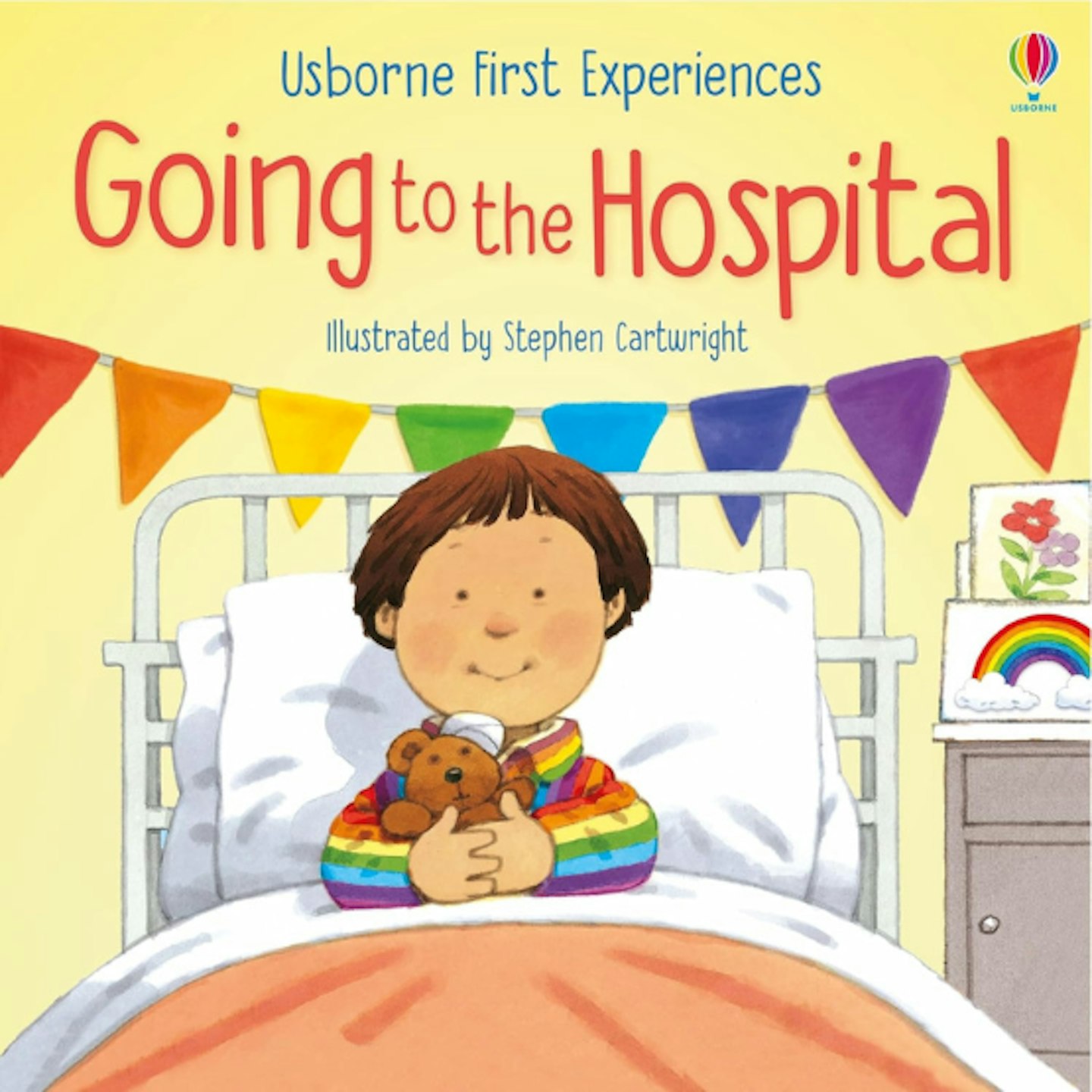 amazon
amazonThis easy to read illustrated book is a perfect way to get little children used to the idea of going to the hospital. It's well-written and really reassuring which will help both parents and children navigate their first visit.
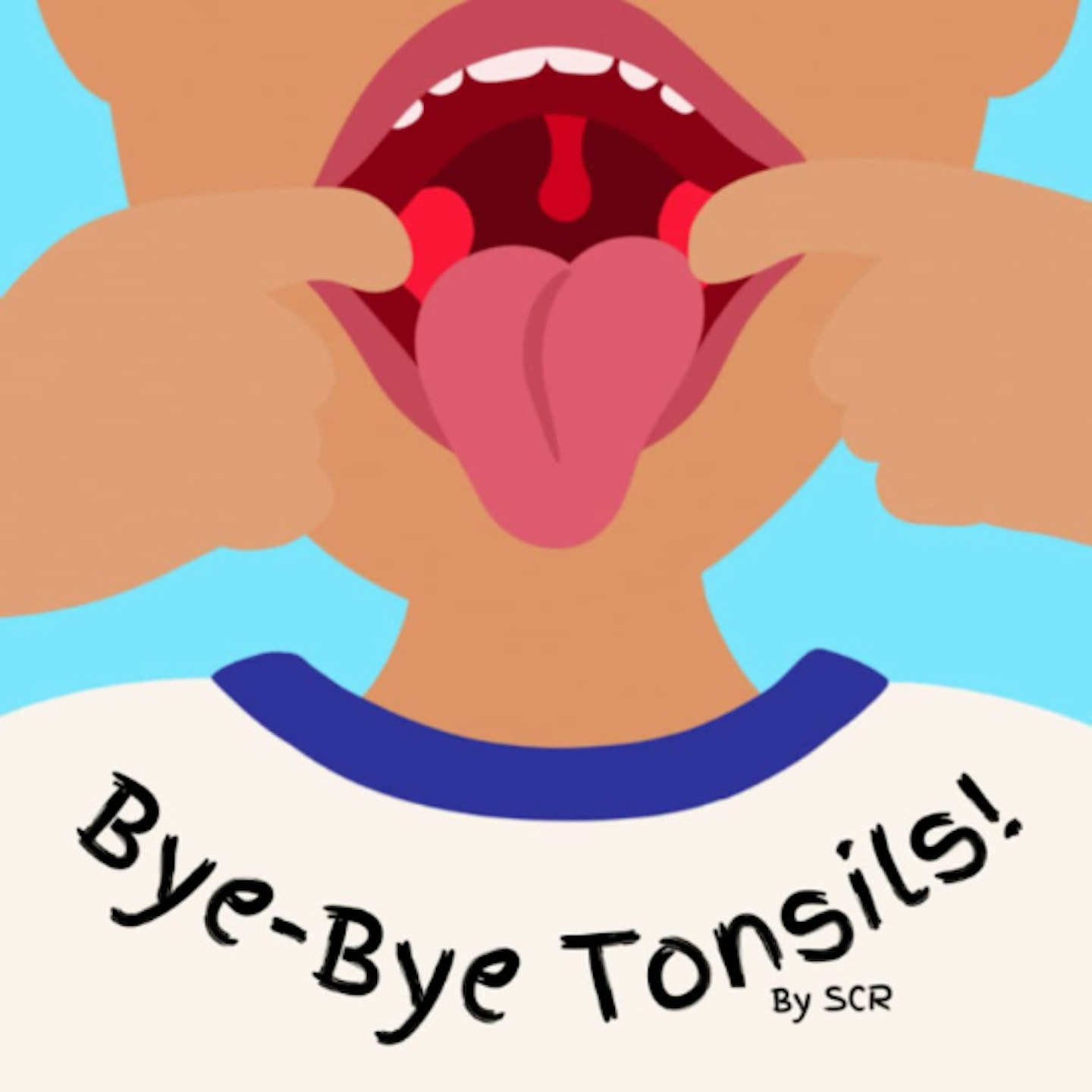 amazon
amazonHeading in for an operation can be a daunting time and if your child has to have their tonsils out, this could be a good buy. Easy to understand it also features hand-drawn illustrations and an original rhyming story making it super simple to read.
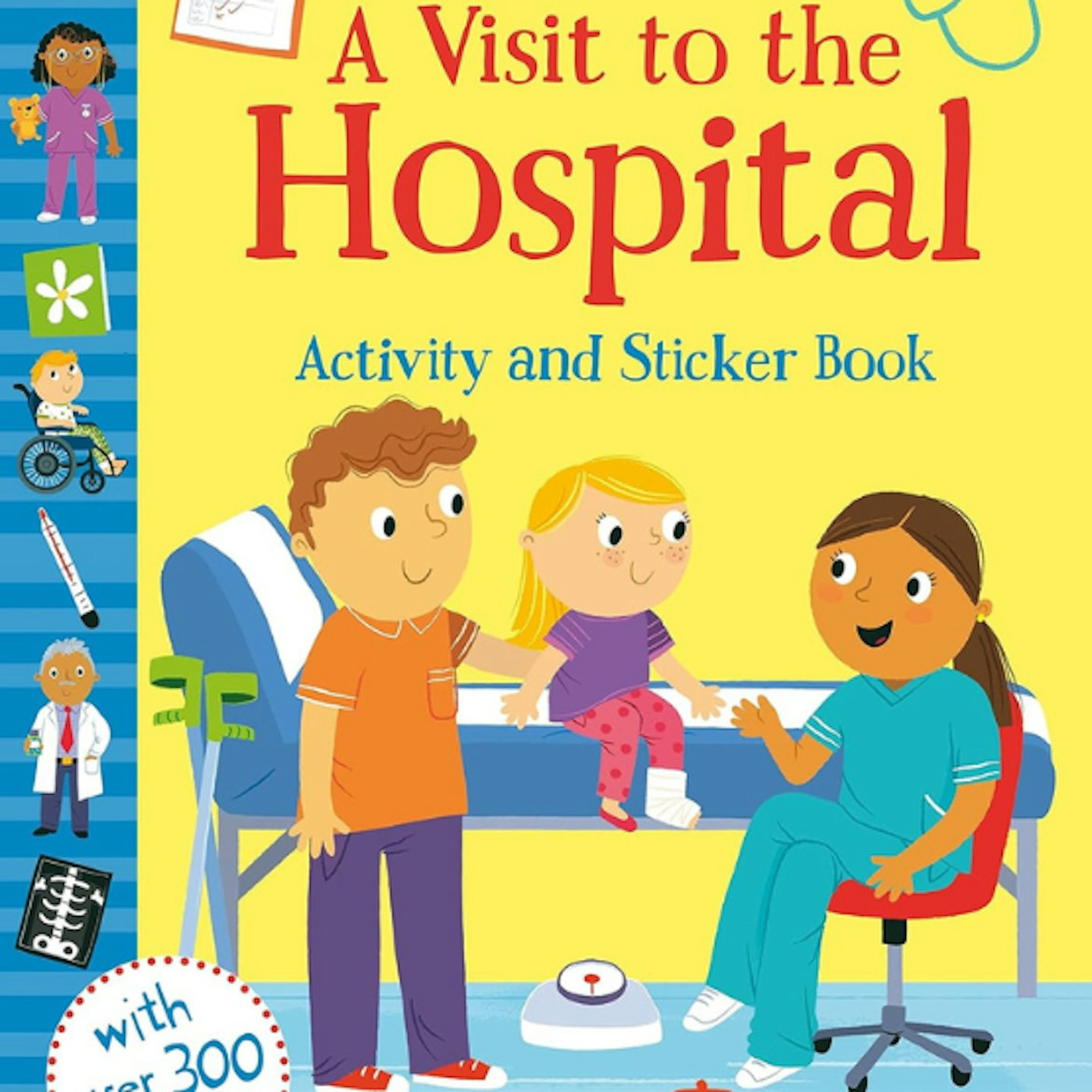 amazon
amazonA really useful resource, either for play, or in preparation for a hospital trip for little ones which you can take to the hospital and have fun pointing out everything you see in the book. The activities (think spot the difference and mazes) will keep your child busy for hours plus, it comes with over 300 stickers.
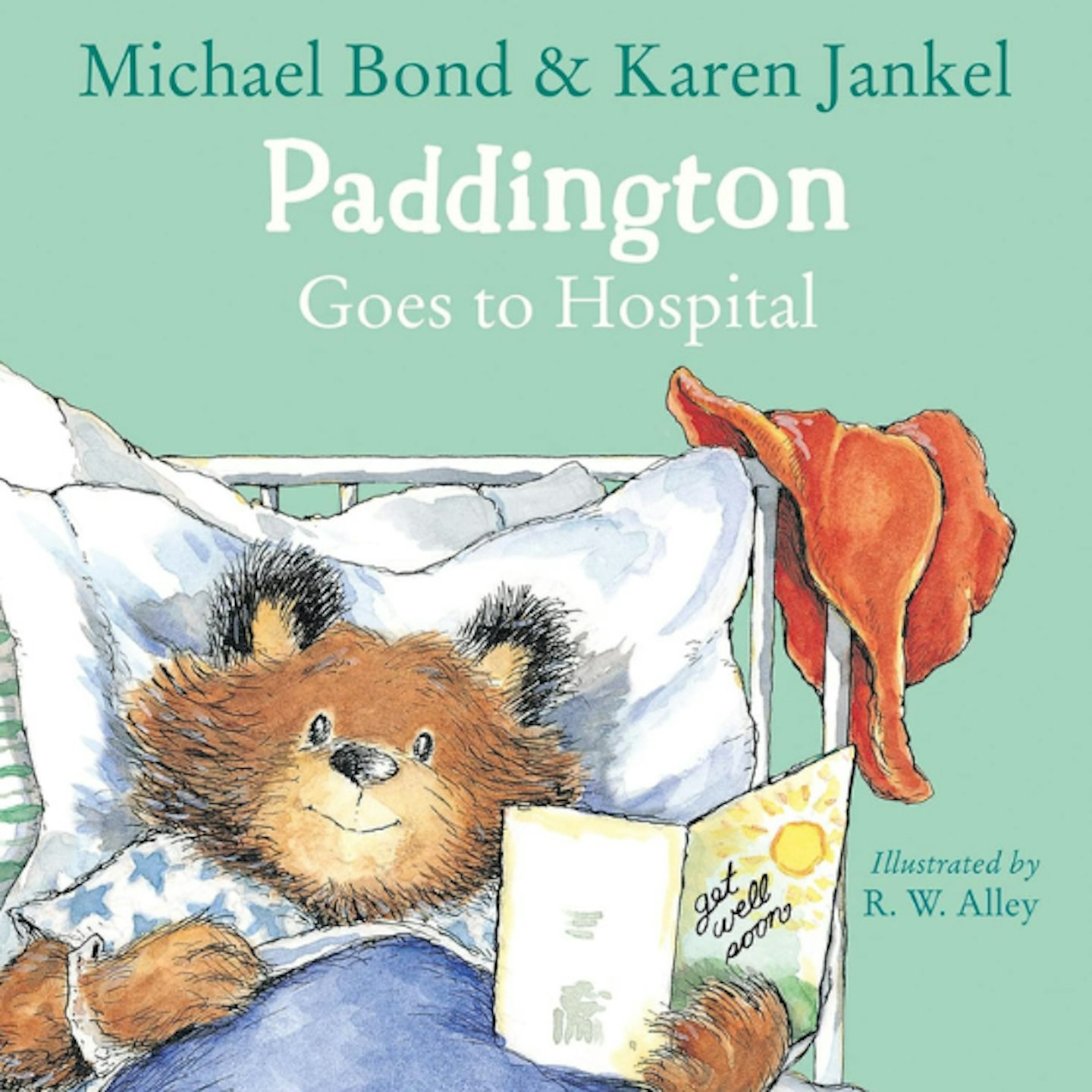 amazon
amazonIf your child is a Paddington fan, this book is a must! After Paddington gets hit with a boomerang, he ends up in hospital with Mr and Mrs Brown. As you'd expect, the book is full of love, humour and adventure - exactly what the lovable bear is famous for.
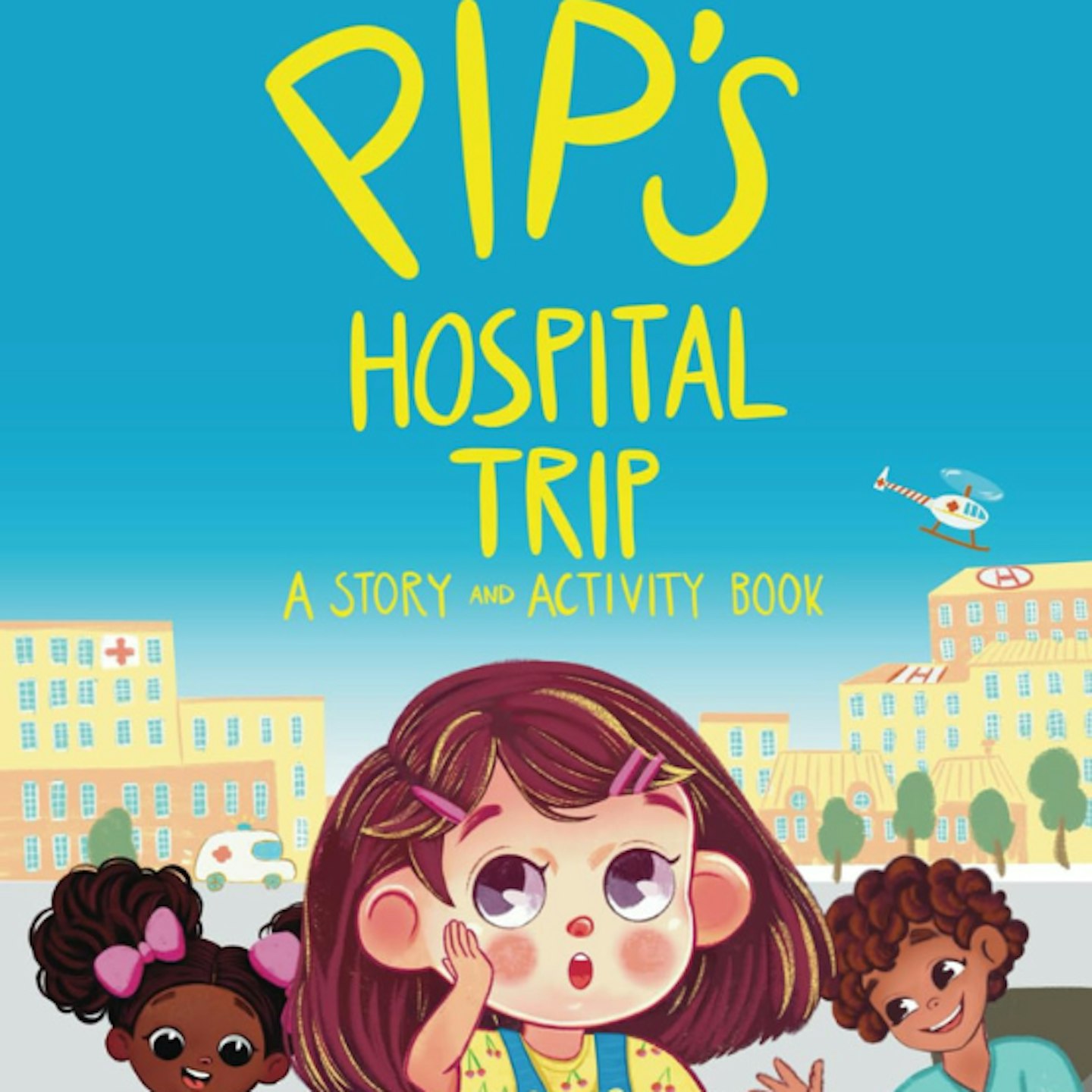 amazon
amazonPip is a little girl who's feeling very poorly, and has to go to hospital but soon learns that hospitals aren't so scary. The book is packed with fun, hospital-themed activities like dot-to-dots, mazes, colouring pages, and much more, so as well as entertaining children, it will also introduce them to the the world of hospitals in a gentle way.
You'll also find a lot of children's TV shows cover a visit to the hospital in one way or another. Some of my favourites include:
• Bluey: Bumpy and the Wise Old Wolfhound
• Peppa Pig: Hospital
• Topsy and Tim: Hospital Visit
Keya Modessa, is our Senior Digital Writer and brings over a decade of experience from the digital realm to Mother&Baby. As a mother of two, Keya understands the joys and challenges of modern parenthood and uses her own experience, to give practical advice. Keya has worked across national publications including glossy women's mags, Food and Travel, and more recently as digital lead for Muddy Stilettos.
